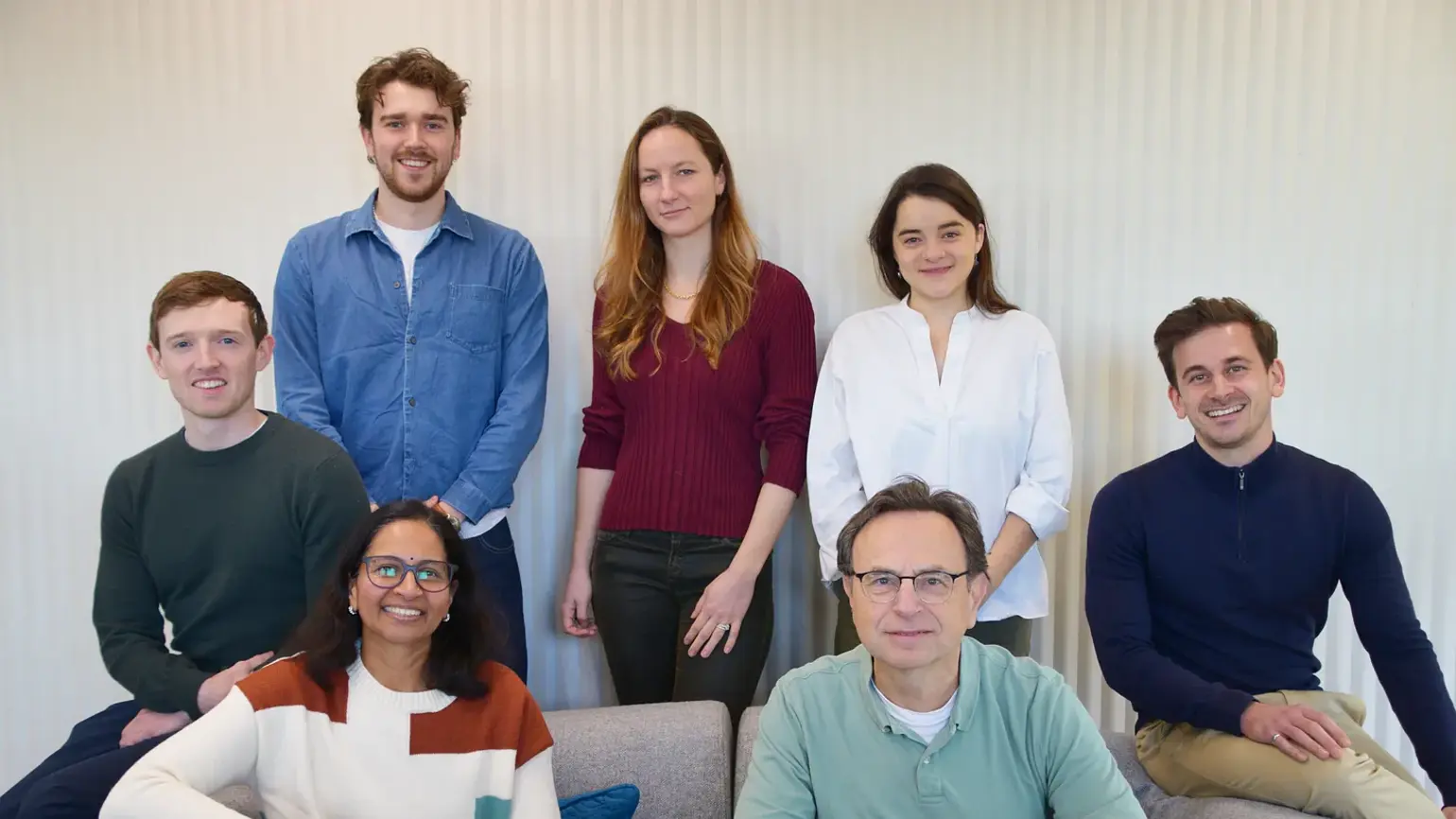20 December 2025
Introducing our Technical Specialists
In 2024, we worked with so many inspiring researchers and scientists who care deeply about creating new science and technology that will transform our daily lives. Central to this community are our Technical Specialists (T-Specs).

“I’m looking forward to kick-starting projects, working closely with Creators and being part of the breakthroughs that can create history”
Radhika Gudipati
T-Spec
At ARIA, we believe breakthroughs happen when visionary individuals are empowered to challenge the status quo.
Turning these visions into reality requires a special kind of support team. Enter our Technical Specialists (or 'T-Specs'): scientists and engineers who play a central role in shaping our programmes.
As essential partners to our Programme Directors, T-Specs are involved at every stage of a programme's journey – from initial design through to project selection and oversight. They help define research focus areas, evaluate proposals, and guide technical strategy. Problem solving is at the core of what they do; as T-Spec Fabrizio Ticchiarelli-Marjot puts it, “What excites us most is encountering (and overcoming!) technical challenges and setbacks – because that will be a clear signal that we are truly pushing the boundaries of what is possible.”
T-Specs shape their responsibilities around each programme's unique needs, while helping to build and nurture the communities that sit at the heart of our programmes. "I engage almost on a daily basis with a mixture of leaders in their fields and enthusiastic mavericks," shares Paolo. "The impromptu lunchtime chats with fellow T-Specs on topics beyond my headlights are a particular highlight."
This collaborative approach is already yielding results. As Nora shares, "we're really starting to see movement across important R&D threads, building valuable networks of contributors and collaborators, and ramping up our operational pace."
Our first cohort of T-Specs come from a variety of backgrounds and organisations. Meet them below:
George Horner, Future Proofing Our Climate and Weather
George is a cloud scientist fresh from his PhD at Imperial College London, where he explored how atmospheric aerosols impact cloud properties and climate change predictions.
Fabrizio Ticchiarelli-Marjot, Programmable Plants
With a decade of experience dedicated to advancing plant biology and its practical applications, Fabrizio brings expertise from both academia (PhD, University of Cambridge) and startups (Synthace and Gardin).
Radhika Gudipati, Smarter Robot Bodies
With 15 years in robotics and a PhD in healthcare robotics from the University of Hertfordshire, Radhika bridges engineering and user perspectives, shaped by her roles at Ocado Technology and Shadow Robot Company.
Nora Ammann, Mathematics for Safe AI
An interdisciplinary scientist working across natural, social, and artificial systems, Nora brings philosophical and technical expertise to AI safety. As co-founder of PIBBSS, she's explored new interdisciplinary approaches to tackling questions in AI risk, governance, and safety.
Gillian Koehl, Scalable Neural Interfaces
Gillian has a background in biomaterials and deep expertise in neuromodulation product development from her time at Blackrock Neurotechnology and Imperial College London.
Dan Giles, Scoping Our Planet
A Senior Research Fellow from UCL with expertise in applied mathematics, statistics, and computer science, Dan specialises in enhancing ocean and atmospheric models through machine learning.
Paolo Toccaceli, Scaling Compute
Paolo is an electronic engineer by training, and spent the majority of his career in technical R&D roles for large high-tech companies before joining Graphcore, a startup that develops innovative AI hardware.
